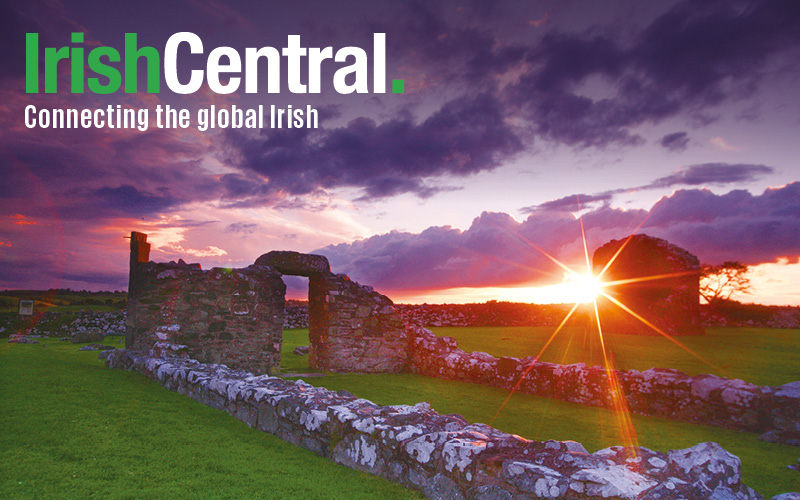A new survey shows that 750,000 people in Ireland live in poverty – an increase of 120,000 since the collapse of the Celtic Tiger.
The report, commissioned by the Social Justice Ireland group, says that a quarter of those living in poverty are children.
It also states that 16 percent of adults living in poverty have jobs but are broke.
Announcing the results of its survey entitled "Poverty and Income Distribution," Social Justice Ireland was critical of the Irish government’s ‘commitment’ to equality.
The group highlighted that the top 10 percent of households in Ireland receive 24 percent of total disposable income while the bottom 10 percent received just three percent.
Fr Seán Healy, director of Social Justice Ireland, told the Irish Times: “These figures show a profound failure on the part of Government to protect the vulnerable during the crisis.
“The value of core social welfare payments has been eroded by inflation increases since 2010. Social Justice Ireland is proposing a €5 increase in core weekly social welfare payments in budget 2015 to go some way towards addressing this deficit in budget 2015.”
The Irish Times reports that in defining poverty, Social Justice Ireland accepted the 1997 description by the National Anti-Poverty Strategy as it being a situation where people’s "income and resources (material, cultural and social) are so inadequate as to preclude them from having a standard of living that is regarded as acceptable by Irish society generally."
The report adds: “As a result of inadequate income and resources, people may be excluded and marginalised from activities that are considered the norm for other people in society.”
Social Justice Ireland, using Central Statistics Office figures, says the poverty line in 2014 is a disposable income of €202.21 a week for a single adult ($260).
The group’s Poverty and Income Distribution says: “This is the minimum weekly disposable income, after taxes and including all benefits, that one adult needs to be outside poverty.
“For each individual adult in the household, this minimum income is increased by €133.46 ($160) which equates to 66 percent of the poverty line figure.
“For each child in the household, the minimum income is increased by €66.73 ($100) or 33 percent of the poverty line.
“An immediate implication of this analysis is that most weekly social assistance rates paid to single people are €14.21 ($20) below the poverty line.”
The report adds: “Fifty-eight percent of those in poverty are not connected to the labor market, i.e. retired, students, caring roles, ill/disabled and consequently jobs are not the key means of reducing poverty for this group.”




Comments